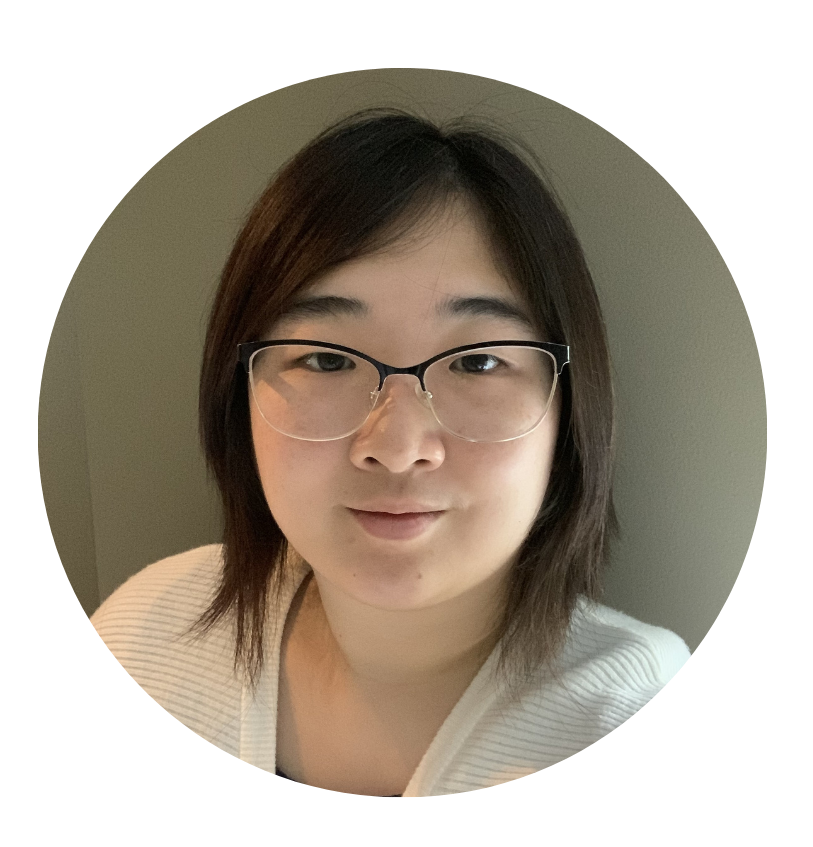The 2023-2024 Inlight Research Development Grants have been awarded to five researchers from across the University of Toronto, by the Inlight Student Mental Health Research Initiative. The grants support early-stage research, knowledge synthesis, as well planning and partnership projects that demonstrate the impactful multi-disciplinary research being led across the tri-campus community to advance post-secondary student mental health and wellness.
“Many of the projects supported by the 2023-2024 Inlight Research Grant program are using unique and innovative approaches to enhance our knowledge and understanding of not only the mental health needs of our diverse student population, but also the ways in which artificial intelligence and other forms of technology are creating a bigger impact,” says Amanda Uliaszek, Inlight’s Associate Director of Research. “That is exciting for us to see, and we are proud to be able to continue to support this important research and work.”
With the rise of generative AI, grant recipient Megan Boler, an associate professor in the Department of Social Justice Education at the Ontario Institute for Studies in Education (OISE) is conducting a scoping review focused on information anxiety among students. This form of distress she says, is caused by the overwhelming quantity of and complexity of information available with the addition of artificial intelligence into our digital landscape.
“We want to understand how the deluge of content would affect student anxieties about what’s real, what to focus on, where to find it, and more. However, we had to figure out which questions to ask,” says Boler.
By reviewing literature on artificial intelligence anxiety, Boler says, her project aims to find the critical inquiries that can leverage existing research to best understand information anxiety among students in an age of generative artificial intelligence.
Each of the funded projects include students as co-investigators or collaborators. They all aim to address critical areas of mental health for post-secondary students, including the needs of 2SLGBTQ+ students, the experiences of Black students and their access to mental health services, the mental health experiences of international students, and the impact of technology in a shifting digital landscape.
Grant recipient Notisha Massaquoi, an assistant professor in the department of health and society at the University of Toronto Scarborough, is conducting student-led study titled “Ubuntu: I am because we are – The Black University Student Mental Wellness Project.” This research project will investigate the need for and access to, mental health services for Black students at the University of Toronto.
“The idea for the project came from a research training exercise I was doing with the undergraduate students of the Black Health Equity Lab,” says Massaquoi. “We all personally understand the challenges of being a Black University student in a Canadian university and we want to ensure that Black students have adequate access to mental health and wellness supports and resources.”
Massaquoi adds that the teams is conducting the study within the spirit of the Black Health Equity Lab which is to improve health outcomes and promote the success and wellbeing of Black people navigating Canadian systems.
The full list of Inlight Research Grant recipients include:

Megan Boler, an associate professor in the Department of Social Justice Education at the Ontario Institute for Studies in Education (OISE). She is conducting a scoping review focused on information anxiety among students.

Antje Budde, an associate professor at the Centre for Drama, Theatre and Performance Studies in the Faculty of Arts and Science. Her project titled “Moving VR, Moving body and mind- Play, Labour, and learning to be well,” is examining the role of technology specifically movement-based VR in providing an interactive, mixed-reality space that has the potential to mitigate everyday mental health challenges.

Daniel Grace, an associate professor at the Dalla Lana School of Public Health. His project aims to collaboratively inform ongoing research about the experiences of 2SLGBTQIA students with mental health care services at the University of Toronto.

Notisha Massaquoi, an assistant professor in the department of health and society at the University of Toronto Scarborough. Her project will investigate the need for and access to, mental health services for Black students at the University of Toronto.

Emily Seto, an associate professor at the Institute of Health Policy, Management and Evaluation in the Dalla Lana School of Public Health. She is co-designing targeted mental health promotion strategies for international students living in residence.




